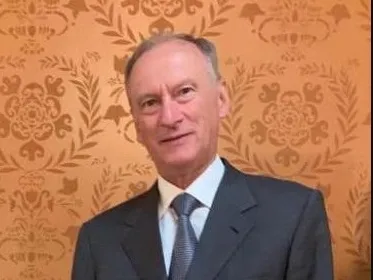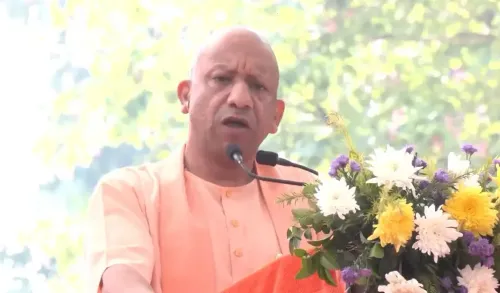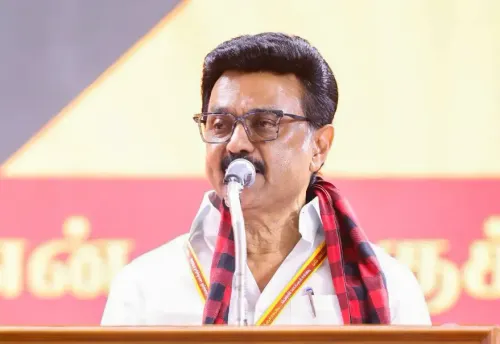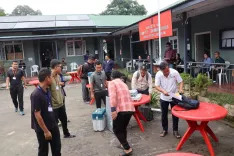Is Ukraine the Main 'Destabilising Factor' in the Black Sea Region?

Synopsis
Key Takeaways
- Ukraine's military actions are cited as a destabilising factor in the Black Sea region.
- The Black Sea Initiative aims to facilitate grain exports.
- Russia will not rejoin the initiative without lifting sanctions.
- Global food security is affected by the conflict.
- Constructive dialogue is essential for maritime safety.
Moscow, April 29 (NationPress) In a statement addressing the situation in the Black Sea region, Russian Presidential aide and Maritime Board Chairman, Nikolay Patrushev, attributed the ongoing destabilisation to Ukraine. He emphasized that both Moscow and Washington share an interest in maintaining the safety of maritime routes, urging Kyiv to take the initiative in moving forward.
“It is evident that the actions of Ukraine's military and mercenaries represent the principal destabilising factor in the Black Sea area,” Patrushev remarked during an interview with the state-run news agency Tass.
He further stated that the Kyiv regime has consistently shown a lack of willingness to engage in negotiations.
“Our experiences have shown that Kyiv has repeatedly proven its complete inability to negotiate effectively,” noted the Kremlin aide.
In a previous interview, Russian Foreign Minister Sergei Lavrov expressed support for the revival of the Black Sea Initiative, suggesting a format that would be more acceptable to all parties involved. He mentioned that this topic was a priority at discussions held in Riyadh.
“We advocate for the restoration of the Black Sea Initiative in a manner that is better suited for all,” Lavrov stated.
He expressed skepticism regarding Ukrainian President Volodymyr Zelensky, asserting, “Our stance is clear: we cannot trust his word.”
Moscow's concerns extend to the food security situation in Africa and other regions that have been impacted by the ongoing conflict.
Following expert discussions between Russia and the United States in Riyadh, the Kremlin announced that both nations have agreed to ensure the execution of the Black Sea Initiative, focusing on safe navigation and prohibiting the military use of commercial vessels.
Nevertheless, Russia asserted that it would not rejoin the initiative until sanctions imposed on its ships and agricultural equipment are lifted.
The Black Sea Initiative, also referred to as the grain deal, facilitated the export of Ukrainian grain from Black Sea ports and ensured the smooth export of Russian agricultural products and fertilizers to international markets.
However, Moscow withdrew from the agreement in July 2023, stating that the terms promised to Russia were not honored. Moscow claimed that, contrary to agreements, the majority of Ukrainian grain was redirected to Western countries, failing to meet the key objective of supplying grain to nations in need.









